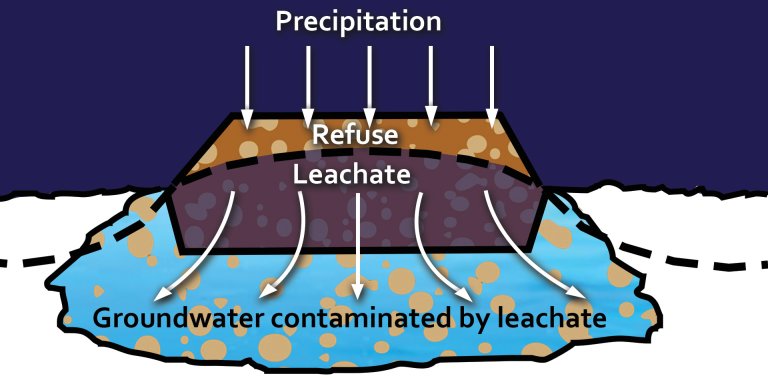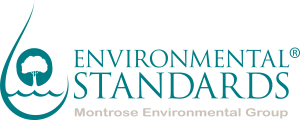
The Environmental Impacts of Landfills: Exploring Leachate and its Impact on Local Communities
Landfills are essential for the proper disposal of waste generated by human activity. However, their negative impact on the environment cannot be ignored, particularly in the form of leachate. Leachate is a liquid that forms as rainwater filters through the waste in a landfill, carrying with it a variety of pollutants. This leachate can have a significant impact on the local community, particularly in terms of environmental justice.
Environmental justice refers to the fair treatment and meaningful involvement of all people, regardless of race, ethnicity, or socioeconomic status, in the development, implementation, and enforcement of environmental laws and policies. When it comes to landfill leachate, environmental justice can be an issue because the communities that are most likely to be impacted by leachate are often those that are already disadvantaged.
One of the most significant concerns regarding landfill leachate is its potential to contaminate groundwater. Groundwater is a critical resource for many communities, particularly those in rural areas, as it provides a source of drinking water. If landfill leachate contaminates groundwater, it can lead to serious health issues, particularly if the leachate contains toxic chemicals such as heavy metals, volatile organic compounds (VOCs), or polycyclic aromatic hydrocarbons (PAHs).

Studies have found that communities of color and low-income communities are disproportionately impacted by contaminated groundwater. For example, a study conducted by Bullard et al. (2007) in Houston, Texas found that African American communities were more likely to live near landfills and hazardous waste sites than white communities and were therefore more likely to be exposed to contaminated groundwater. Similarly, a study conducted by Grineski et al. (2015) in El Paso, Texas found that low-income communities were more likely to be impacted by groundwater contamination from landfills than wealthier communities.
In addition to groundwater contamination, landfill leachate can also have other negative impacts on the local environment. For example, leachate can contaminate surface water, killing fish and other aquatic life. It can also lead to the proliferation of harmful algae blooms, which can be toxic to humans and animals. A study conducted by Chae et al. (2018) in South Korea found that landfill leachate was a major cause of eutrophication, a process where excessive nutrients in water lead to the growth of harmful algae.
Finally, landfill leachate can also have a negative impact on air quality. As leachate decomposes, it releases methane, a potent greenhouse gas. Methane contributes to climate change and can also pose a risk to human health if it accumulates in enclosed spaces. A study conducted by Ramaswami et al. (2016) in India found that landfill gas emissions, including methane, had a significant impact on air quality in nearby communities.
In conclusion, landfill leachate can have serious environmental consequences, particularly for communities that are already disadvantaged. To address this issue, it is essential to develop better waste management practices that reduce the amount of waste that goes to landfills in the first place. In addition, environmental justice must be a central consideration in the siting and management of landfills, to ensure that all communities are treated fairly and equitably.
References:
Bullard, R. D., Mohai, P., Saha, R., & Wright, B. (2007). Toxic wastes and race at twenty: 1987-2007. United Church of Christ.
Chae, Y., Kim, M. J., & Kim, T. H. (2018). Investigation of the eutrophication impact of landfill leachate in closed landfill. Environmental Earth Sciences, 77(3), 112.
Grineski, S.E., & Collins, T.W. (2008). Exploring environmental injustice in the global south: Maquiladoras in Ciudad Juarez, Mexicon. Population and Environment.
Ramaswami, A., Russell, A.G., Culligan, P.J., Sharma, K.R., & Kumar, E. (2016). Meta-principles for developing smart, sustainable, and healthy cities.

